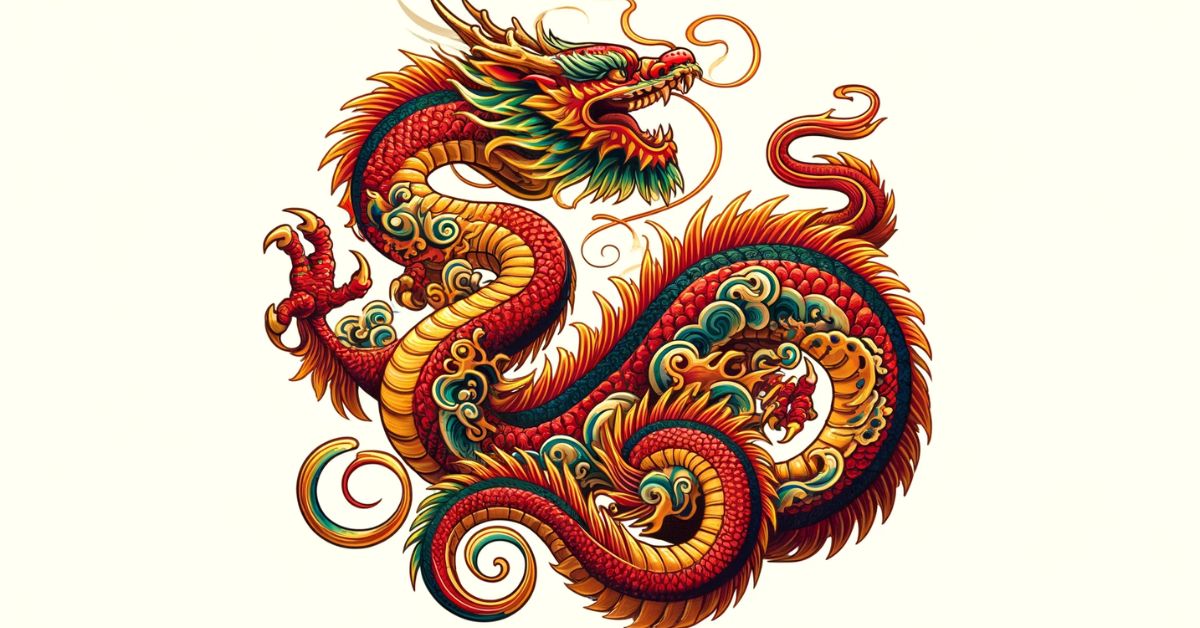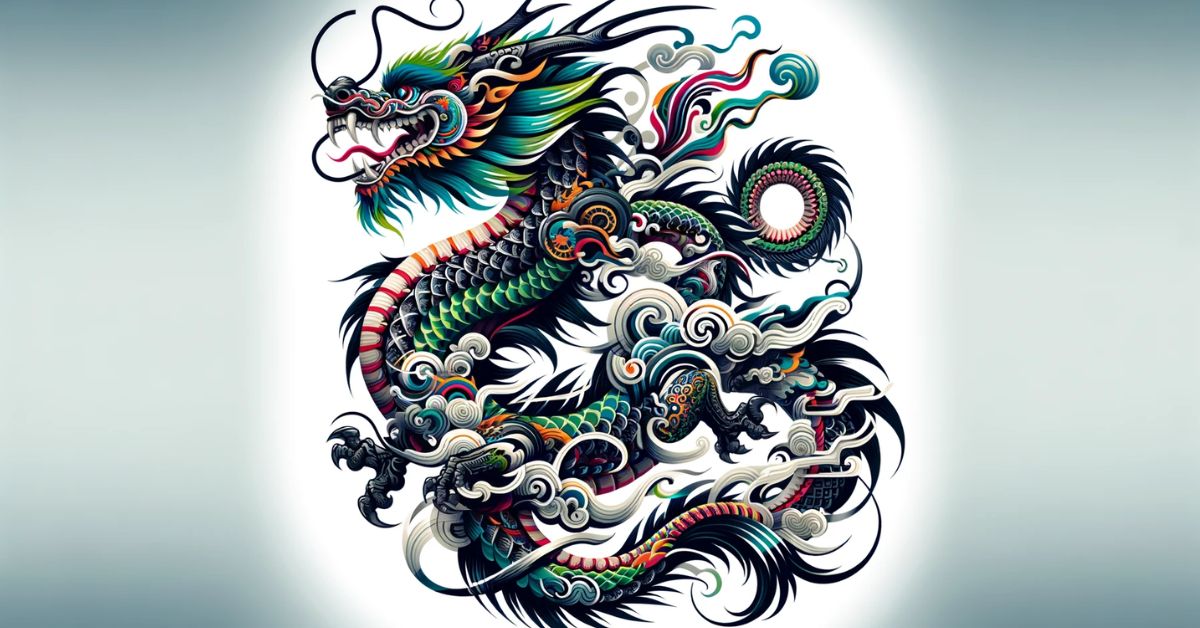Explore the fascinating world of dragon tattoos, where art meets symbolism and personal expression. From styles and meanings to placement and care, this article delves into everything you need to know about dragon tattoos. You can also discover a great selection of dragon tattoo ideas below to inspire your next ink.
Dragon tattoos are a popular choice for both men and women seeking a powerful and symbolic piece of body art. Whether you're contemplating your first tattoo or looking to add a striking piece to your collection, dragon tattoo designs offer a versatile range of styles and meanings that can be tailored to any personal story or aesthetic preference.
Dragon tattoos can vary widely in style, each carrying its own cultural background and artistic flair. Here are some prominent styles you might consider:
Often embodying wisdom, power, and protection, Asian dragon tattoos are depicted with serpentine bodies and are usually without wings. They can be inked in vibrant colors, like reds and golds, to reflect traditional Asian art.

These dragons are typically portrayed with wings and a more reptilian body, often breathing fire. Rooted in folklore where they are usually the guardians of treasure or profound secrets, these designs can add a gothic or historical flavor to your tattoo.
Tribal dragon tattoos are designed with bold black lines that emphasize the strength and ferocity of the dragon. The fluid lines follow the contours of the body, making tribal dragons ideal for dynamic placements like the arms or along the spine.
The symbolism of a dragon tattoo can be as complex as the designs themselves. Here are some common interpretations:
The flexibility of dragon designs means they can be adapted to any part of the body. Here are some popular placements:
When deciding to get a dragon tattoo, selecting the right artist is crucial to ensure that your vision is perfectly captured. Here are some tips on how to choose the best tattoo artist for your dragon tattoo:
Start by looking up local tattoo studios and artists who specialize in the style you're interested in. Check their portfolios online to see examples of previous dragon tattoos they have done. Pay attention to the details, shading, and color work to ensure their style aligns with your vision.
Read reviews and testimonials from former clients to gauge their satisfaction with the artist’s work and professionalism. This can provide insight into the artist's ability to work with clients’ ideas and their overall experience.
Once you’ve narrowed down your choices, book a consultation with the artist. This meeting is your opportunity to discuss your design ideas, ask questions about their process, and get a feel for their personality and approach to artistry. It's important that you feel comfortable and confident in their skills.
Be clear about what you want in your tattoo, including size, color, and placement. A skilled tattoo artist will be able to offer suggestions and adjustments that could enhance the tattoo’s appearance based on their professional experience.
Proper aftercare is essential to ensure that your dragon tattoo heals well and maintains its vibrant colors and sharp details. Here’s how you can care for your new tattoo:
Dragon tattoos carry rich significance in various cultures, influencing the design and interpretation of the tattoos. Understanding these cultural backgrounds can add a layer of meaning to your tattoo and can guide you in choosing a design that best represents the values and aesthetics you admire.
In Chinese culture, dragons are seen as benevolent creatures that symbolize power, authority, and good luck. They are often associated with water and weather and are believed to bring rain and prosperity. Japanese dragons, similarly, are viewed as water deities, symbolizing strength and protection against misfortune.
In contrast, European folklore often depicts dragons as malevolent beings, guarding treasures and embodying chaos and danger. However, they also represent strength and a great challenge to be overcome, commonly featured in tales of knights and heroism.
Dragons in Norse mythology, such as Jormungandr, the World Serpent, play pivotal roles in the cosmos' balance. They often symbolize the destructive force of nature and the inevitable end of all things, embodying themes of renewal and cyclicality.
Today, dragon tattoos often blend elements from different traditions, reflecting a fusion of meanings including freedom, courage, and wisdom. For many, it is not only an homage to cultural heritage but also a personal symbol of transformation and self-realization.

To make your dragon tattoo truly unique, consider incorporating various motifs or enhancements that can complement the design and add depth:
Utilize colors to highlight certain attributes of the dragon. For example, red can signify passion and courage, gold for prosperity and wisdom, or black for mystery and elegance.
Incorporate other symbols into the design, such as flames, clouds, or celestial bodies to frame your dragon and add to the narrative of your tattoo.
Mix elements from different tattoo styles, such as watercolor, realism, or neo-traditional, to create a standout piece that transcends traditional boundaries.

Having a dragon tattoo can be a transformative experience, both in terms of personal identity and how others perceive you. As They are often large and striking, they can become a significant part of your personal and public persona. Here's how to embrace your tattoo within society and maintain its significance throughout your life.
Dragon tattoos may carry different connotations depending on cultural contexts and social environments. Here are a few common perceptions:
While societal acceptance of tattoos has increased, navigating professional environments can still be challenging for those with visible tattoos. Here are strategies to manage this:
To ensure your dragon tattoo remains meaningful throughout your life, consider the following: